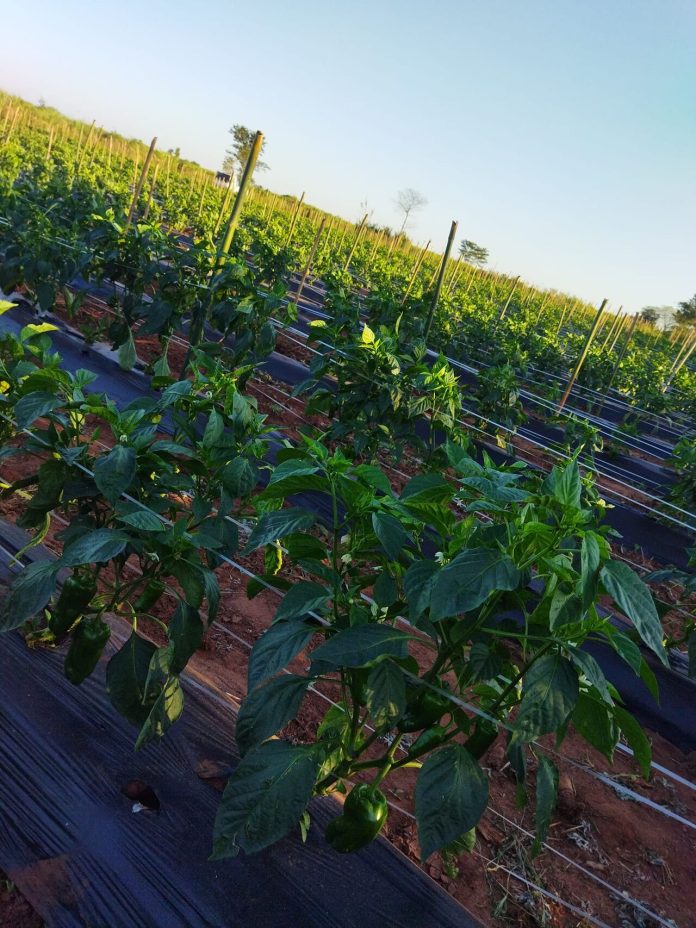Organic food is often celebrated for its natural production methods and absence of synthetic chemicals, but recent recalls raise an important question: Is “eco” truly synonymous with “safe”?
In the organic sector, food is produced without synthetic pesticides, fungicides, or preservatives—ingredients that, in conventional agriculture, help control the growth of harmful microorganisms. This natural approach, while environmentally friendly, can also lead to a shorter shelf life and increased vulnerability to spoilage, mold, bacteria, and fungi. Without chemical preservatives, organic products are more prone to issues that may necessitate market withdrawals.
Natural fertilizers such as manure and compost, commonly used in organic farming, are another double-edged sword. Unlike conventional methods where manure is processed and chemically disinfected, organic practices limit such processing to maintain natural integrity. However, this can sometimes lead to higher risks of contamination.
Stricter organic food regulations further complicate the picture. Organic products must meet high purity standards, and even trace amounts of pesticides, heavy metals, or pathogens can trigger recalls. In fact, the most common reasons for these recalls include microbiological contaminants like Salmonella (44% of cases), E. coli (33%), and Listeria, as well as mycotoxins such as aflatoxins from mold. Additional issues, like incorrect allergen labeling, also contribute to product withdrawals.
Interestingly, studies, including those by EFSA, indicate that water is a major source of contamination—affecting up to 70% of fresh fruits and vegetables. This is a challenge shared by both organic and conventional systems, underscoring that contamination is not solely a product of organic methods.
So, should organic food be held to even stricter safety measures, or do these recalls simply demonstrate that oversight is working as intended? While frequent recalls can undermine consumer trust—especially given the premium price of organic products—they may also be viewed as a testament to rigorous quality controls that protect public health. In this light, recalls might not reflect lower quality, but rather a commitment to maintaining exceptionally high safety standards.
What do you think: should organic food have stricter safety measures, or are recalls just proof of better oversight?
For more information visit https://www.linkedin.com/in/emiliamikulewicz?miniProfileUrn=urn%3Ali%3Afsd_profile%3AACoAABUijaABVA9414JdtEGOaI0CEcoeBGDATlE
For a better engagement visit @HortiNews across all socials

